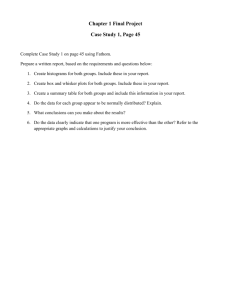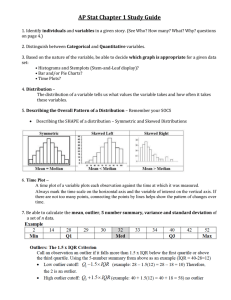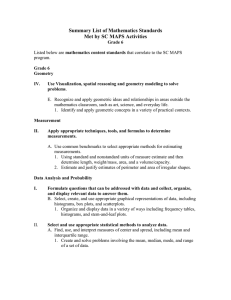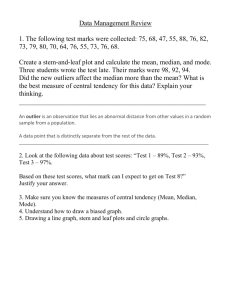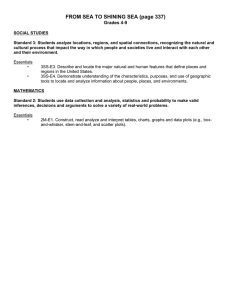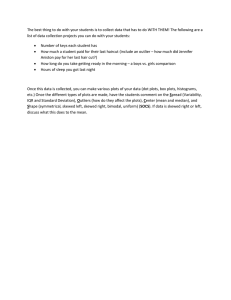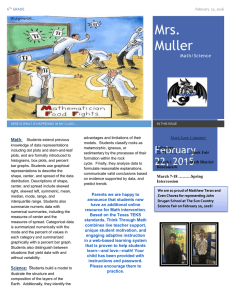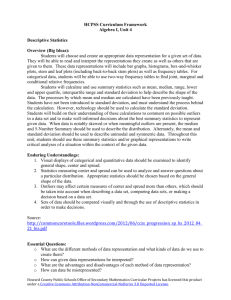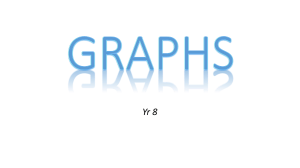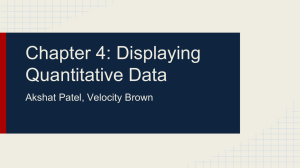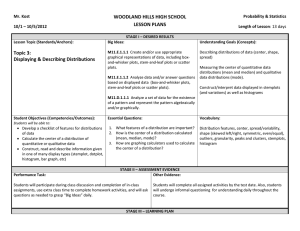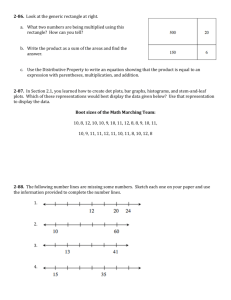Reading and Comprehension Questions for Chapter 6
advertisement
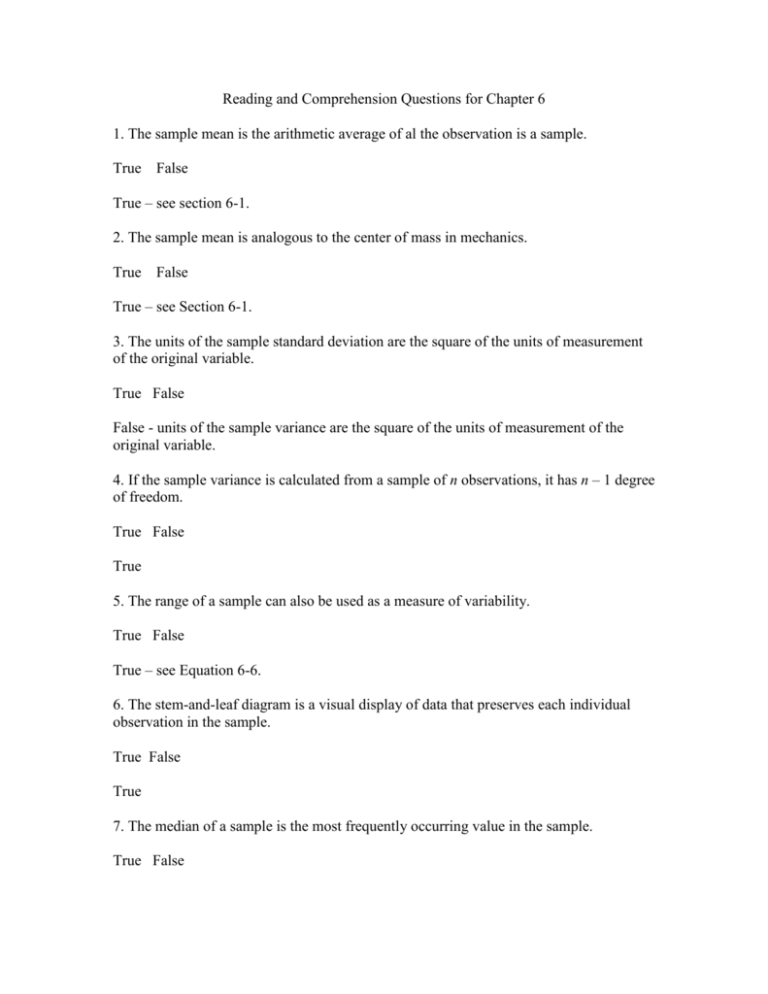
Reading and Comprehension Questions for Chapter 6 1. The sample mean is the arithmetic average of al the observation is a sample. True False True – see section 6-1. 2. The sample mean is analogous to the center of mass in mechanics. True False True – see Section 6-1. 3. The units of the sample standard deviation are the square of the units of measurement of the original variable. True False False - units of the sample variance are the square of the units of measurement of the original variable. 4. If the sample variance is calculated from a sample of n observations, it has n – 1 degree of freedom. True False True 5. The range of a sample can also be used as a measure of variability. True False True – see Equation 6-6. 6. The stem-and-leaf diagram is a visual display of data that preserves each individual observation in the sample. True False True 7. The median of a sample is the most frequently occurring value in the sample. True False False – the median of a sample is the value that divides the sample into two equal parts, with half of the observations on either side of the median. See page 8. Constructing a histogram requires dividing the range of the data into class intervals or bins, so it does not preserve each individual observation in the sample. True False True 9. Histograms can be used with categorical data. True False True 10. Histograms provide a reliable visual display of sample data even for small samples. True False False – histograms are reliable only for relatively large data sets. 11. Box plots can be used to simultaneously display several feature of a sample, such as center, spread, departure from symmetry, and identification of outliers. True False True 12. Plots of data in time order can reveal features that are not obvious from a histogram or a stem-and-leaf diagram. True False True 13. Probability plots can only be constructed for the normal distribution. True False False – probability plots can be constructed for several common distributions. 14. Normal probability plots require some judgment to interpret. True False True
